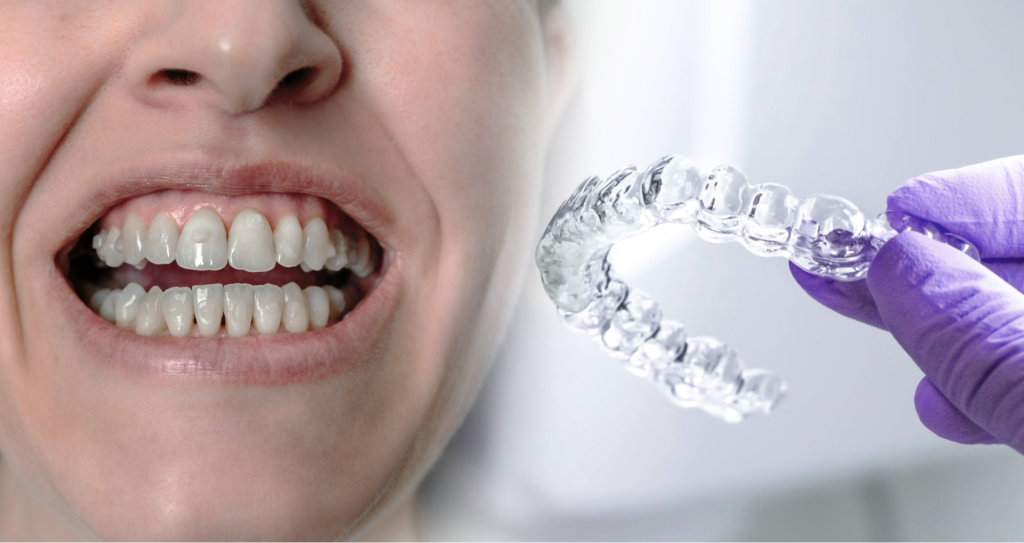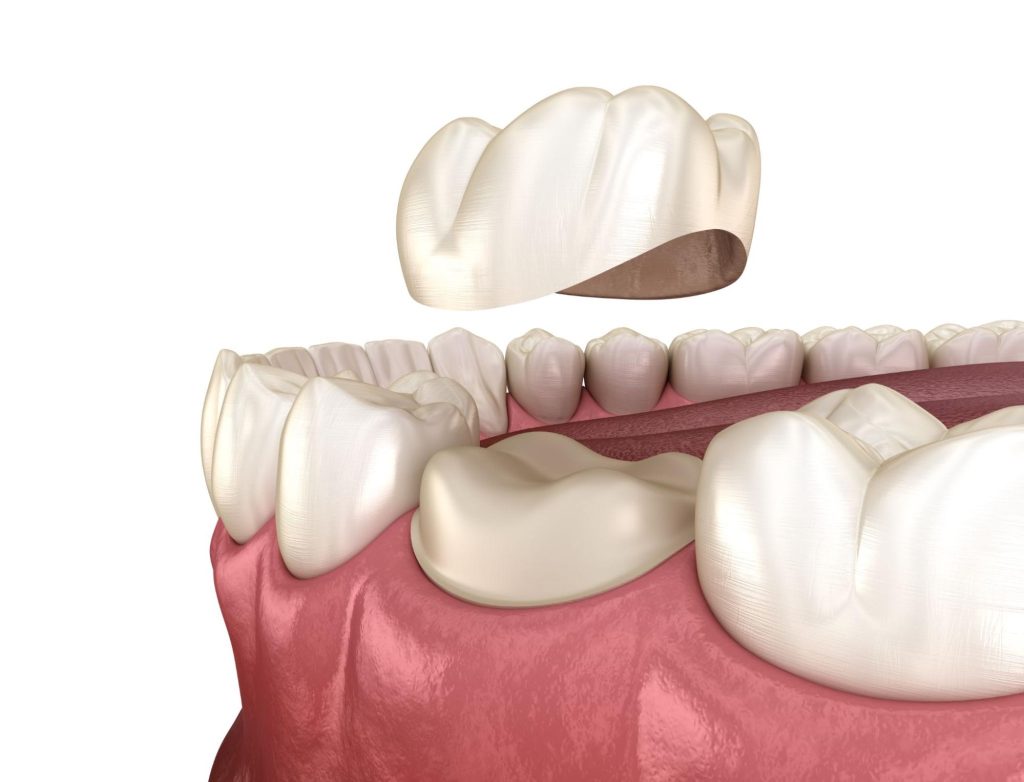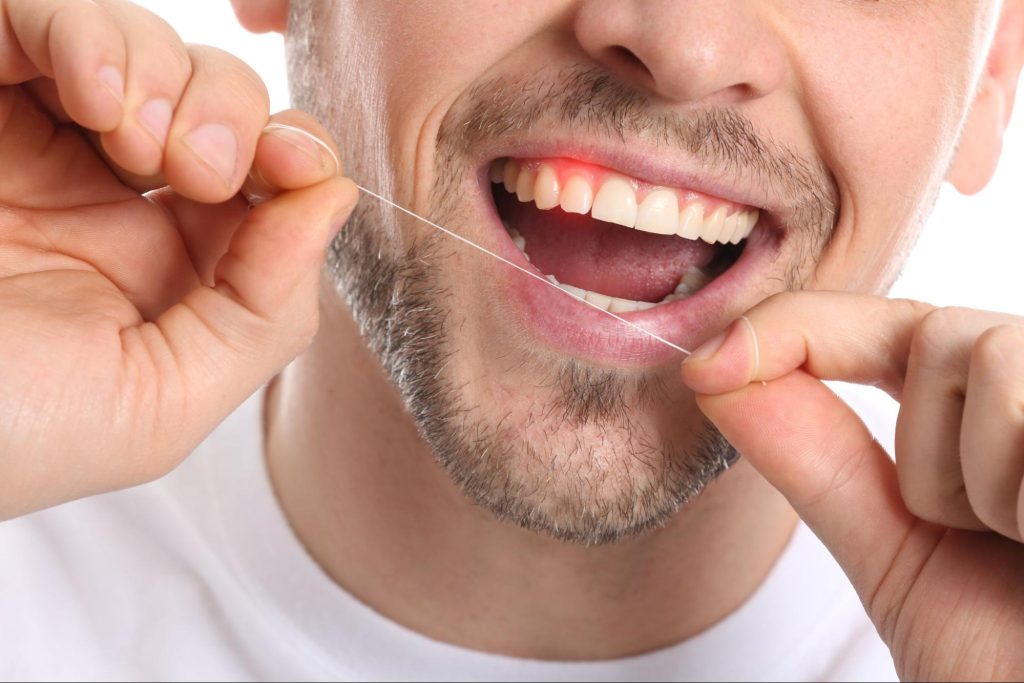If the eyes are the gateway to your soul, the smile is the window to your personality! You could lose a tooth or teeth due to an accident, old age or the lack of calcium. Besides detracting from a perfect smile this can also be the cause of stress and anxiety. Luckily, there are options for replacing your lost or missing teeth. You could opt for dental implants, dental bridges or partial dentures. Your choice will depend on various factors such as the cost, the location of the lost tooth, the condition of your jawbone and your overall health. Let’s explore these three options for replacing missing teeth and their benefits below in greater detail.
Treatment Options to Replace Your Missing Teeth
1. Dental Implants
Dental implants can help functionally and aesthetically restore your tooth or teeth to their former glory. A dental expert will do a physical examination to check the area where the dental implant is to go and will medically assess if it’s the right choice for your unique situation. Dental implants do not affect your surrounding teeth as they are solely supported by bone. While their main function is tooth replacement they can also be used in providing support and a comfortable fit to a removable denture owing to their high stability.
Dental implants can also be used in orthodontics-related procedures where mini-implants are fixed to the bone for a short period and serve as temporary anchorage devices (TAD) which stay on just until they help move your teeth to the required position. Periodontitis, gingivitis or tooth decay can cause tooth loss. In this case, implant dentistry can assist by providing a comfortable prosthesis with a small number of implants.
Dental implants improve your oral health and have helped replace teeth with long-term success. There are two main forms of dental implants, namely endosteal or an implant that is embedded “in the bone” or subperiosteal, which is an implant that lies under your gum tissue and rests at the top of your jawbone. The latter is hardly in use today as their long-term results are dismal versus that of endosteal dental implants.
Benefits of Dental Implants
- Fosters ease of natural speech
- Restores the ability of bite force
- Restricts bone loss
- Supports surrounding teeth
- Discourages cavities
- No chance of slippage
- Easy to maintain and take care of
- Maintains the natural shape of your face
- Stable and matches the look of your natural teeth
- Permanent fix for tooth loss
2. Dental Bridges
A dental bridge is a type of fixed or permanent oral prosthesis which assists in closing the gaps in your wide smile by replacing any missing teeth. It is a fake tooth, which is known as a pontic. This false tooth is kept in a position supported by your surrounding natural teeth. Dental bridges are usually supported with a dental crown on each side of the prosthesis. Pontics may be made of gold but the popular choice is porcelain as it provides aesthetic symmetry with your natural teeth.
Unlike dentures, there may be minor dental surgery required with a bridge. This is because the dentist may work on reshaping your teeth which will be fitted with dental crowns so that they can provide adequate support to your tooth being replaced. Similar to partial dentures, bridges serve functional and aesthetic needs. They both allow you to speak and eat more comfortably, as well. There are four main forms of dental bridges, namely the traditional, cantilever, Maryland and implant-supported bridges.
Benefits of Dental Bridges
- Give you back your natural-looking smile and the ability to talk and eat efficiently
- Do not require to be removed from your mouth to be cleaned
- Long lasting with the right care routine
- Restricting the surrounding teeth from moving into the space of the missing tooth, as this can lead to problems with biting your food
- The return of your normal facial structure through the prevention of jaw-related bone loss at the area of the lost tooth
- Do not warrant frequent trips to the dentist
3. Partial Dentures
Partial dentures refer to removable, non-permanent dental appliances. Like the previous two contraptions, these dental appliances are also designed to replace missing teeth with false new ones. With partial dentures, they can be fitted to your existing teeth. They are not as intrusive as the other two options. They have been a popular choice for replacing missing teeth for a long time. They are more cost-effective than the other two dental options discussed above but can affect your ability to eat comfortably and taste all your food.
Benefits of Partial Dentures
- Restore your smile and self-confidence, showing off your natural gums
- Safeguard your gums and restrict your teeth from shifting
- Easy maintenance as they can be removed and cleaned thoroughly
- Durable and don’t warrant the use of adhesive
- Comfort in talking and eating your food as they made of a softer material versus the other two dental replacement options
- Less invasive than the other two options which may warrant minor oral surgery
- Can be easily manipulated by your dentist if you ever need more teeth replacement post your first denture
Fix Your Missing Teeth
Today, you no longer need to live with missing teeth that you have lost owing to lack of certain vitamins, old age or accidents. There are high-end and simple tooth replacement options available in the market. Each serves a wide range of purposes, some of which overlap and others that don’t. You need to check all your options and proceed with the option most suited to your needs. The three major types of restorative tooth procedures include dental implants. Dentures and dental bridges.
Book an appointment with us to discuss how best we can help your unique dental needs.
Read More:



